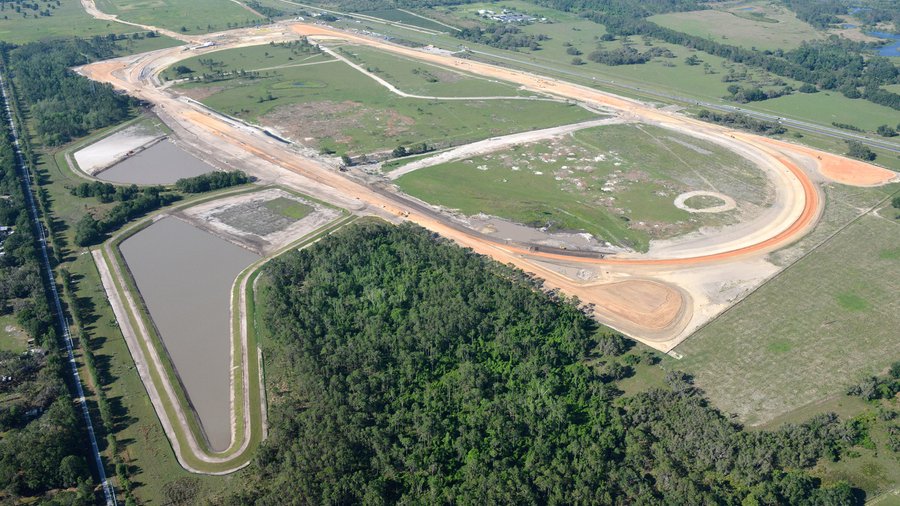The innovative Florida Polytechnic University is underway with building Central Florida's autonomous vehicle test track, but the high-tech school is also implementing a new program to focus on driverless vehicle technology.
Florida Poly announced earlier this week the creation of its Advanced Mobility Institute, a university-affiliated technology research center focused on the development and testing of autonomous vehicle technology and key issues that require solutions before a successful deployment of autonomous vehicles is achievable. AMI also focuses on public outreach and advanced education of AV technologies, according to the university's announcement.
“The Advanced Mobility Institute is another way in which Florida Poly is working to research solutions to the challenges of implementing connected and autonomous vehicle technology,” said Florida Poly President Randy Avent, in the university's blog. “With the AMI and our growing autonomous vehicle education program, I see Florida Poly positioning itself as a leader in the applied research and development of this emerging technology.”
The course for the Lakeland university was developed by Dr. Dean Bushey, director of AMI, through a partnership with the Massachusetts Institute of Technology. The new center doesn't involve any construction and research is already being conducted at the main building, Assistant Director of Communications Lydia Guzman told the Tampa Bay Business Journal.
The university recently started developing this program exclusively for the AV technology. The students are testing sensors and others are working on systems that store information gathered from driverless cars. There are about a dozen or so faculty members and researchers teaching students and exploring autonomous vehicle tech, she said.
The program will complement SunTrax, a 2.25-mile oval track on a 400-acre site in Auburndale will test autonomous vehicles in simulated situations such as rain, fog and smoke.







New renderings were released during the groundbreaking ceremony for the new 400-acre site where self-driving vehicles will be tested.
SunTrax will open its first phase by January or February 2019.
The project's $42 million oval track will have general purpose lanes and express lanes. In the center will be a simulated downtown urban core and other environments to test transit, vehicle, pedestrian and bicycle interactions with automated vehicles.
The entire facility with the infield will not be fully complete until 2021.
Central Florida was chosen to be one of the nation’s 10 premier clusters for the research and development of automated vehicle technology across all modes of travel in 2017, as previously reported by the TBBJ's sister paper Orlando Business Journal. The local testing ground was awarded to the Central Florida Autonomous Vehicle Partnership that also includes the Florida Turnpike Enterprise, NASA, Florida Poly, University of Central Florida, Florida Agricultural & Mechanical University, Lynx and others. The schools will test the simulations, while NASA and SunTrax will test the product.






